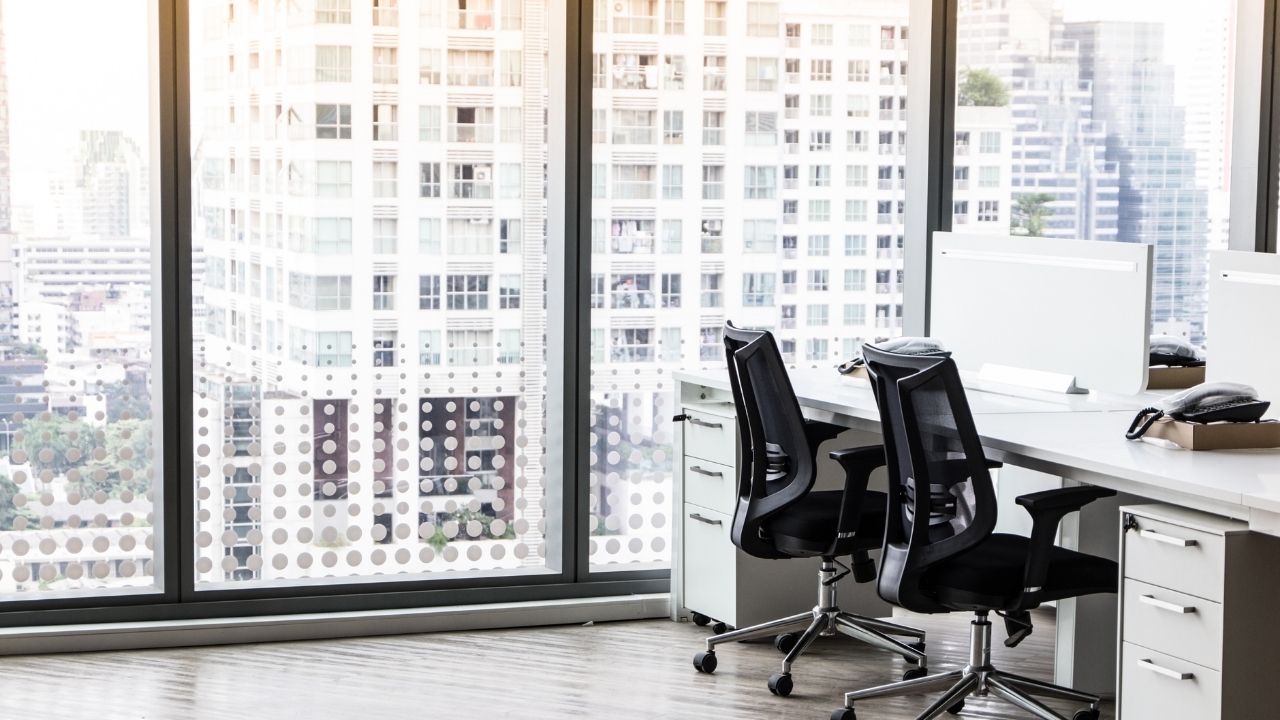- Recent reports from VTS and CBRE have found that the Delta variant is slowing demand of office space in major markets.
- VTS found that demand for office space had slowed for the first time, after six months of consecutive growth.
- Despite these findings, CBRE believes that office markets are “poised for improvement”.
The August VTS Office Demand Index found that demand for office space has slowed after six consecutive months of growth. According to the report, new office demand dropped 1.2% in July from June. The good news, however, is that the drop is lower than the average July decline in 2018 and 2019 of 5.1%.
The drop in demand is attributed to a combination of employer uncertainty over the potential impact of the COVID-19 delta variant and typical seasonality. Despite the drop in demand, the index found new office demand is up 282% on a year-over-year basis, reflecting a strong recovery to date.
“The delta variant is causing some uncertainty across the economy, so it’s no surprise we’re seeing that reflected in demand for office space as well,” said VTS CEO, Nick Romito. “But there’s no need to hit the panic button yet. We’re likely looking at another delay to full recovery, but early indications point to continued relative stability as seen earlier in the year — not the massive drop-offs we saw when the pandemic first began.”
Delta Delays Return-to-Office Plans
As a result of the surge in coronavirus cases attributed to the Delta variant, many organizations are reconsidering and delaying their return-to-office timeline. This will affect new office demand heading into the fall months.
The VTS Index found that in addition to a decrease in office space demand, growth in office-using employment hit its lowest level since June 2020, which is inducing downward pressure on office demand.
This is significant because the report found that remote-friendly markets are lagging in new office demand and job recovery when compared to markets that are less work-from-home friendly.
“San Francisco, Boston, and Seattle — markets with some of the nation’s highest shares of remote-friendly work — continue to lag overall and are farther than other markets from full pre-COVID office demand levels. The three markets are, respectively, at 62, 64, and 76 percent of their typical 2018-2019 office demand.
In contrast, New York City, Los Angeles, and Chicago have remote work shares that are much closer to average, and their office demand is already 92, 112, and 86 percent (respectively) of their 2018-2019 levels, though only Los Angeles increased its VODI from June to July.”
As COVID-19 cases continue to surge, remote work will remain increasingly appealing for employers and employees alike.
A CBRE report echoed the VTS Index findings.
“The recent flare-up in Covid cases, particularly in the Deep South and Florida, is a headwind. There could be an impact on August and/or September data as occupiers delay their return-to-the-office plans and defer long-term leasing decisions. However, early signs that the recent Covid resurgence may be peaking is a cause for optimism.”
“Poised for Improvement”
While it is predicted that the Delta variant will hamper demand for office space, CBRE argues that the office market is poised for recovery.
“Data shows that office-market demand is beginning to turn the corner, though the recovery will be a slow one,” said Nicole LaRusso, CBRE Senior Director of Research & Analysis. “The indicators of demand tracked by these indices are the drivers of improvement in the overall market and ultimately will factor into improvement in broader measures such as occupancy and lease rates, which will be slower to recover.”
Part of the reason why CBRE believes the office market will recover is because it does not foresee widespread lockdowns reminiscent of the spring of 2020. “Absent such, most of the largest U.S. office markets appear poised for improvement, based on growing tenant interest, increased leasing activity and an ebbing of sublease space additions.”
Furthermore, the Delta variant will likely only impact office space demand in August and September, “due to early signs that the recent virus resurgence may be peaking.”



 Dr. Gleb Tsipursky – The Office Whisperer
Dr. Gleb Tsipursky – The Office Whisperer Nirit Cohen – WorkFutures
Nirit Cohen – WorkFutures Angela Howard – Culture Expert
Angela Howard – Culture Expert Drew Jones – Design & Innovation
Drew Jones – Design & Innovation Jonathan Price – CRE & Flex Expert
Jonathan Price – CRE & Flex Expert











